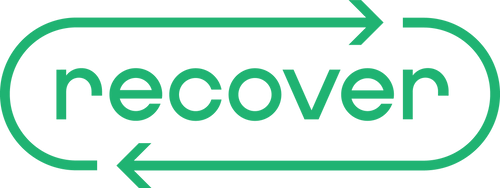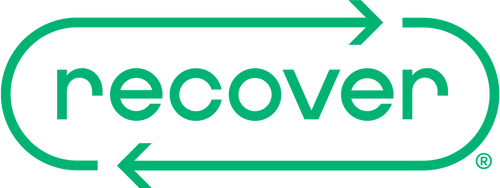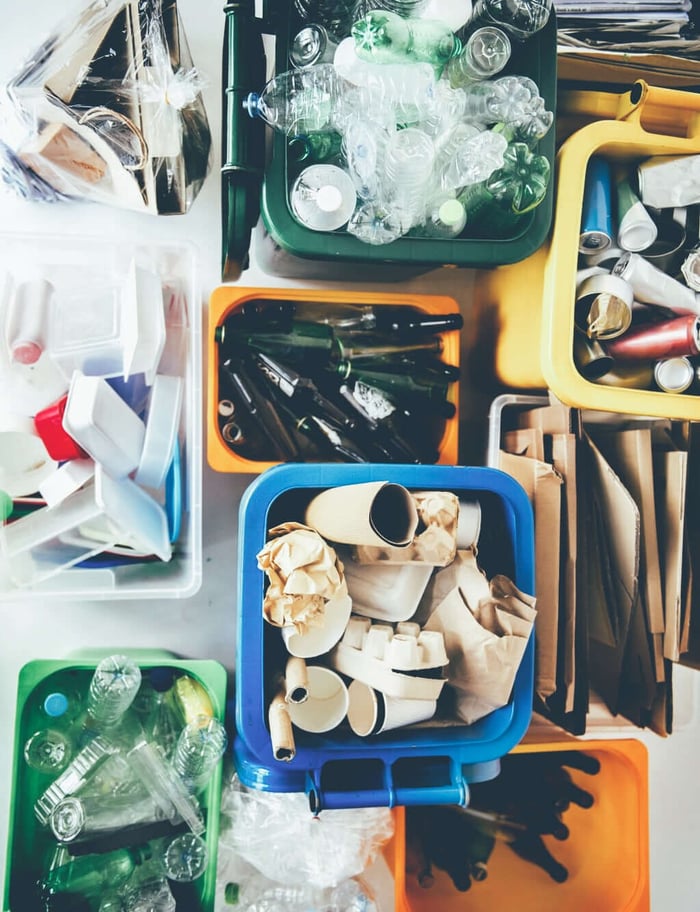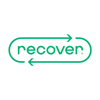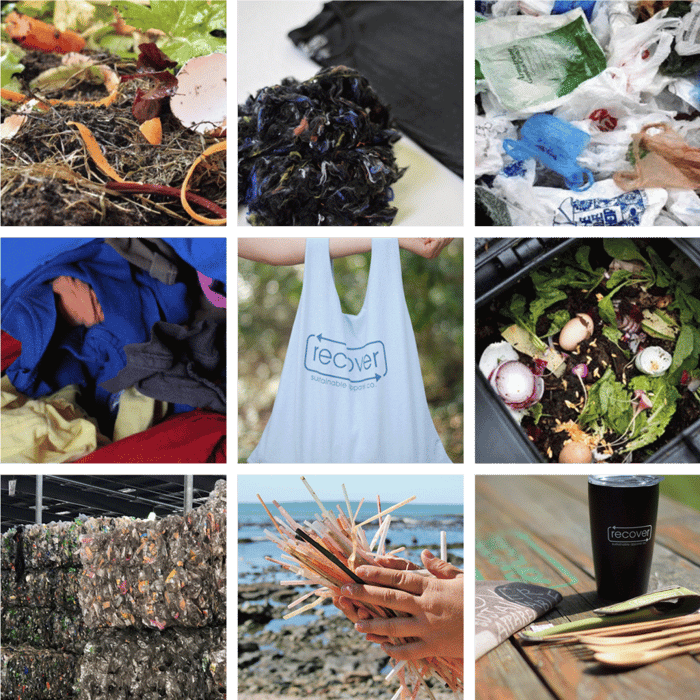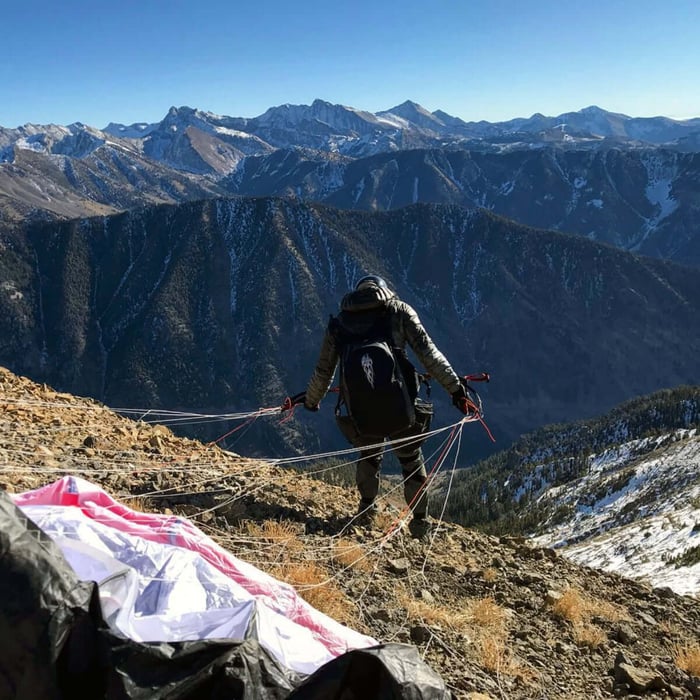1 in 4 items placed in curbside recycling is not recyclable. This seemingly “whatever” issue is causing a huge problem throughout the US. A problem that all comes down to all of us individuals taking part in the quick and easy actions to fix it.
Whether a result of “wishful recycling”, lack of a quick rinse, or contamination, the common disconnects between what can and cannot go in your recycling bin creates a large monetary cost to already stressed facilities, and is easy to avoid. A study conducted by Mecklenburg County in North Carolina found that the county’s economic loss from non-recyclables being placed in recycling is $1,606,800 every year due to subsequent processing, transport, and landfill costs. The Mecklenburg County facility is not alone, as it is only one county amongst masses across the US that face similar issues.

So, here’s how we can all fix this:
1. Just because something has a recycling symbol on it does not mean that it’s recyclable in your county. Take a quick visit to your recycling facility’s website to learn what can and what cannot be recycled. Mecklenburg County includes a list of recyclables for curbside pickup, and a list of items that are commonly misplaced in the recycling bin, causing extra costs and processing for the facilities. Their moto is “when in doubt leave it out!” BUT, note that while such items as e-waste and other appliances may not be available for curbside pick-up, they can sometimes be recycled at full-service recycling facility drop offs. Look for a full Recover feature sustainability tips on e-waste and other recycling later this winter.
2. Keep your plastic bags, cellophane, and low-grade plastic packaging OUT of the recycling bin, and if you have plastic bags, only dispose of them at designated plastic bag recycling bins at grocery stores. When plastic bags and other low-grad plastics are placed in a curbside recycle bin, they can literally “gunk up” and shut down an entire recycling plant. So leave them out, or better yet, say no to plastic bags all together, rock reusable bags all the time, and do your best to purchase items with limited or no packaging!
3. Propane tanks of all kinds should NEVER be in curbside recycling due to contamination issues. Check with your local recycling facility and outdoor stores to find out if propane tanks in your area can be reused or recycled, and how to do so. Look for propane tanks small and big that are reusable to avoid this issue.

Photo Courtesy of:
4. More and more facilities do not require you to wash or rinse your recyclables. The facility for Charlotte and Mecklenburg County actually suggest that you don’t rinse recyclables, stating it is a waste of water, energy, and time. In San Francisco, they phrase it as, “When in drought, get the majority of food out” and state that scraping containers with a spatula is sufficient and best. This spatula scrape is important though, as recyclables that have been taken over by moldy food have to be ditched to the landfill. More rural facilities may require rinsing, so check with your facility to see what practice will best ensure that what is recyclable can be recycled.
5. Ask if you can leave your labels on and if you can recycle plastic lids. Now, most recycling facilities have efficient systems for removing labels. Further, plastic lids can usually be recycled right along with bottles, so find out if your home recycling center says it’s a go by visiting their website. For Mecklenburg County in North Carolina, which includes such urban areas as Charlotte, the recycling facility actually asks plastic lids be left on plastic bottles for recycling. In other locations, recycling facilities ask that you take lids off.
Common Confusion Clear-Up:
Single stream, also known as commingled recycling, is recycling in which you do not have to separate your plastics, paper, aluminum, and other accepted recyclables in the recycling bin. Sort or multi-stream recycling is recycling in which you do need to sort recyclables by type in your collection bin and the collector will separate into according commodity departments. These different types of curbside recycling are related to the capacities of different facilities, and both have arguable advantages. Electronics, appliances, and some other items are typically not accepted in curbside recycling, but can be recycled at your local full-service recycling facility. Inquire with your curbside provider for the nearest drop off location.
6. Help out your local recycling facility by looking up and re-posting any informational social media outreach that they are creating. Sharing of accurate information is a powerful tool to create simple and positive change.
7. Don’t bag your recycling. Unless you have been instructed by your recycling provider, never bag your recycling, rather place it as is and loose in the recycling bin. Again, all plastic bags including trash bags gunk up recycling facilities and can literally shut them down. If you’re worried about your bin becoming sticky or soiled, your bin can easily be hosed out once in a while.
8. Pizza boxes are recyclable, but crusts and oily cheese bits are not. Make sure to throw out or enjoy any pizza scraps before placing boxes in the recycling bin.
9. Check to see if your recycling provider requires separation of different items such as plastics, metals, and paper. If it does, use reusable bins or cardboard boxes to separate, and remember that while some communities have compost pick up, compost does NOT go in your recycling bin. If your community does not have compost pick up, learn about the benefits of starting your own backyard compost.
10. It sounds so simple, but place your recycling in the recycling bin, and trash in the trash bin. In rare cases, recycling facilities use trash trucks to pick up recycling (definitely double check with your facility if you ever see this, but know this is not unusual for facilities to share vehicles). This does not mean that they are mixing trash and recycling and that “recycling and recycle sorting from trash doesn’t matter,” it means they are using similar trucks for different purposes.
The small things make a big difference. Join us and be the impact.
